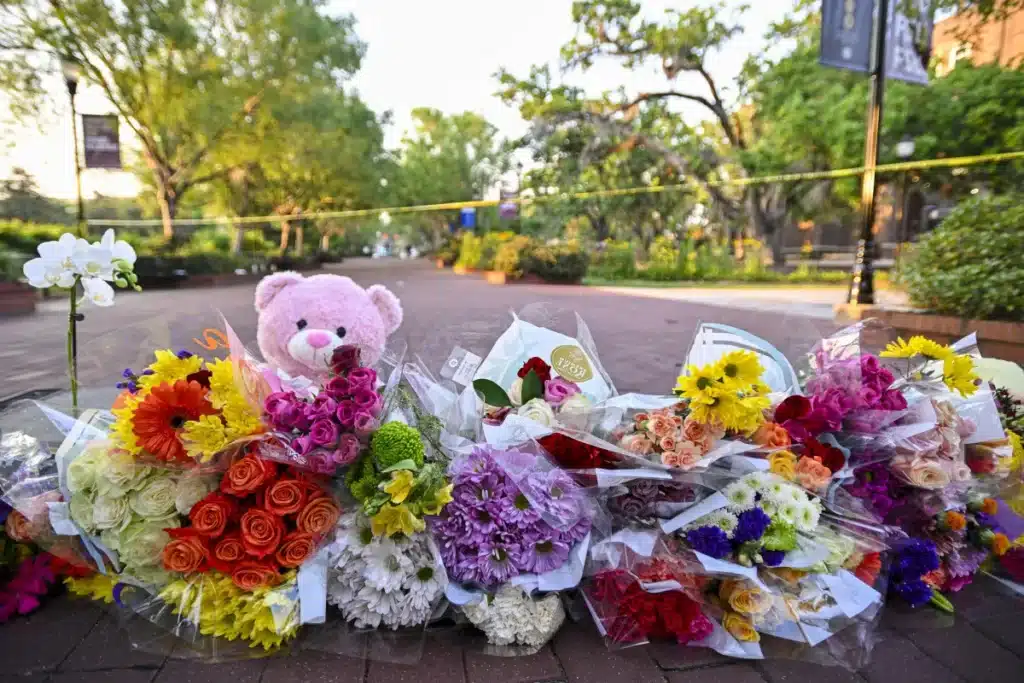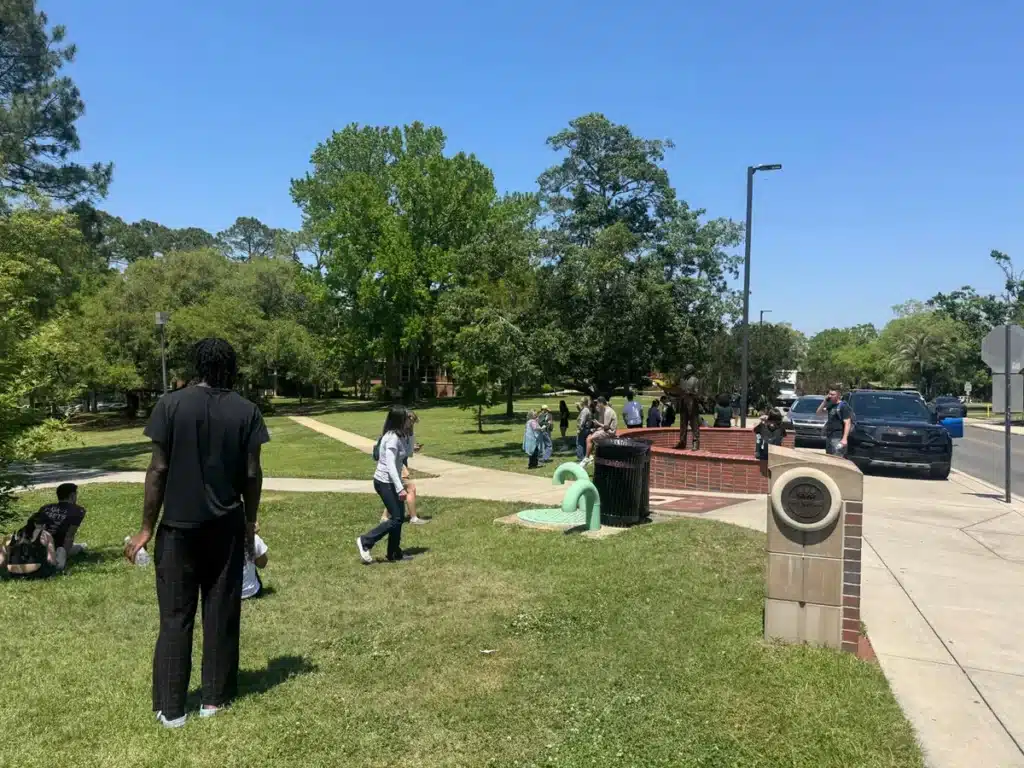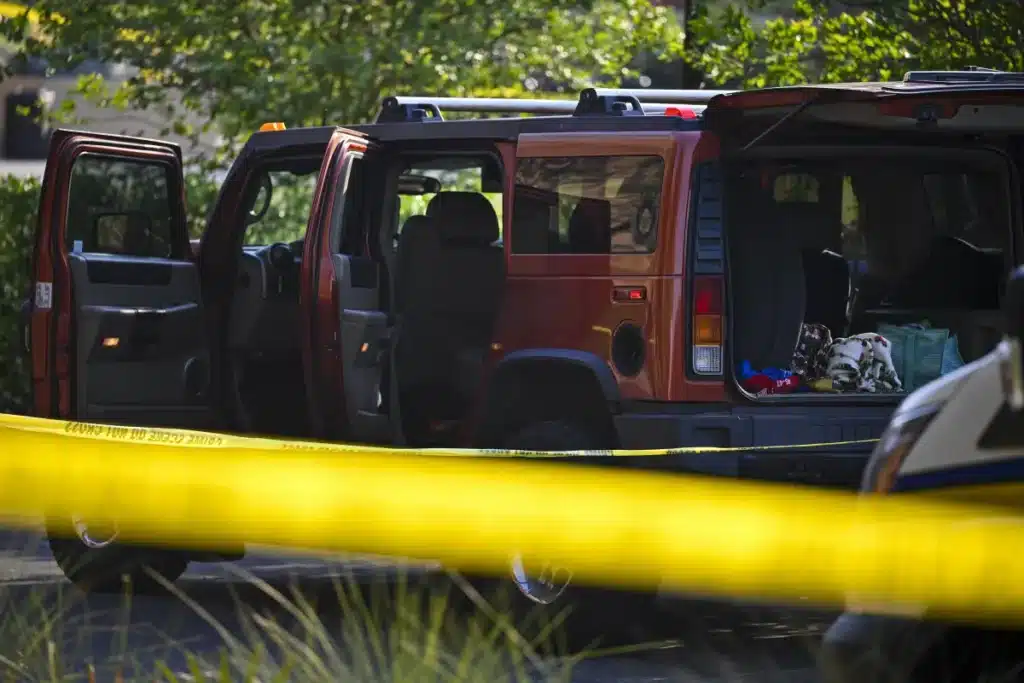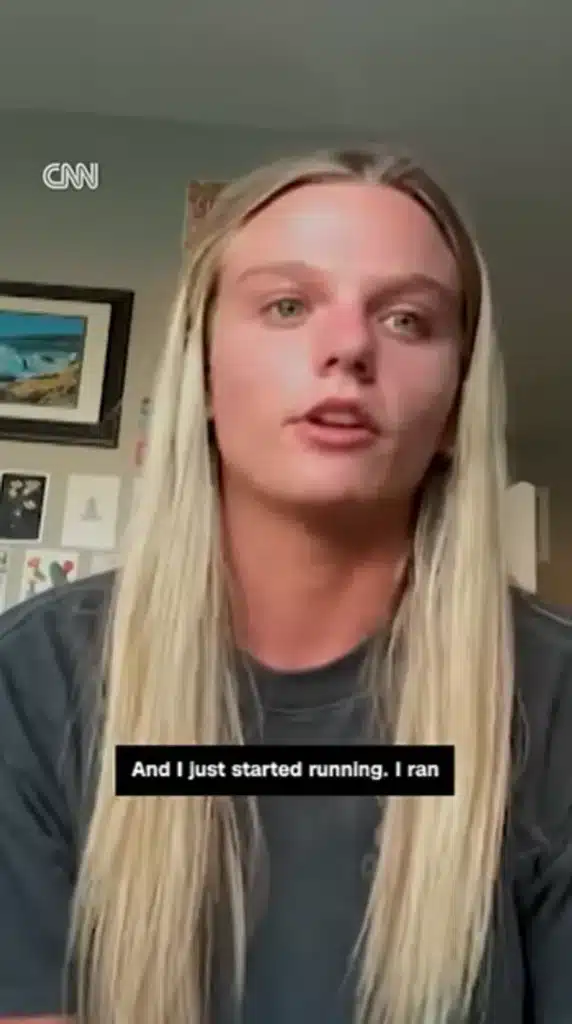On April 17, 2025, a quiet day on Florida State University’s campus turned into a scene of tragedy when a gunman opened fire near the student union. Two men lost their lives and six others were injured before authorities detained the suspect. The victims were later identified as Robert Morales from Miami-Dade County and Tiru Chabba from Greenville, South Carolina — both fathers, both deeply connected to the campus and their communities.
Robert Morales, a Florida State alumnus, had spent nearly a decade as the university’s dining coordinator. He wasn’t just an employee—he was known for creating a sense of home for students far from theirs. A South Florida native, he brought his love for Cuban cuisine into the heart of Tallahassee. As co-founder of Gordos Cuban Cuisine and CEO of the Black Bean Food Group, Morales had a reputation for innovation and warmth. He was known to go the extra mile, like when he worked with chefs to create allergen-free meals for a student with dietary restrictions.
He had plans that Thursday — lunch with Carlos Cruz, a lifelong friend, and Cruz’s son, a regular ritual. The son stayed back in his dorm that day. Cruz later spoke of Morales’s energy and passion, calling him a driving force behind Gordos’ growth. Celebrity chef Art Smith, who had collaborated with him, described Morales as a man full of joy. His older brother, Ricardo, confirmed the loss on X with childhood photos. A GoFundMe campaign has since raised more than $60,000 in support of his surviving wife, Betty, and their daughter.
Tiru Chabba, the second victim, was 45 years old and a regional vice president at Aramark Collegiate Hospitality. He had worked for the company for over 20 years and was on campus in his professional capacity when the shooting occurred. A father of two, Chabba’s death has left a profound void. Aramark issued a statement expressing shock and heartbreak. His family has retained legal representation and is seeking accountability for the devastating loss.

At a campus vigil held that Friday, Vice President Kyle Clark honored both men, calling them more than names—beloved members of a close-knit community whose absences would be deeply felt.
The shooter was later identified as 20-year-old Phoenix Ikner, a student and the son of a Leon County Sheriff’s deputy. Authorities confirmed that he had longstanding involvement with law enforcement programs, including the Youth Advisory Council. Sheriff Walter McNeil acknowledged that Ikner had access to firearms and confirmed the weapon used in the shooting was a handgun formerly issued to his mother, Deputy Jessica Ikner. She had legally purchased the weapon for personal use.
The incident unfolded just after noon. Ikner was also carrying a shotgun, though police have said it does not appear to have been fired. Officers responded quickly, shooting and detaining Ikner before transporting him to the hospital. As of the latest update, he remains hospitalized with serious but non-life-threatening injuries.
Six others were injured—five by gunfire and one while attempting to flee. Tallahassee Memorial HealthCare confirmed the conditions of those hospitalized, noting one in critical and five in serious condition.
Eyewitness McKenzie Heeter described a chilling scene. She had just exited the student union when she spotted an orange Hummer parked nearby. A man stood beside it with a large firearm. She watched him retrieve a handgun and fire toward the building. She saw a woman in purple scrubs struck in the back. Heeter ran nearly a mile home, shaken and breathless. “He looked calm,” she recalled, “expressionless, with a scowl.”
The campus quickly went into lockdown as law enforcement secured the area. Video footage captured the chaos: abandoned backpacks, meals, and laptops scattered across the lawn. Emergency responders rushed to help, with some scenes showing officers applying handcuffs to someone inside an ambulance.
One video, in particular, caused a social media storm. It showed an individual sipping Starbucks and filming the aftermath while passing by an injured person. The video drew fierce backlash online, with many calling it callous and dehumanizing. Others questioned the clip’s authenticity and relevance to the actual shooting, attempting to dial back the outrage.
The investigation into the motive behind the shooting remains active. Meanwhile, the FSU community continues to grieve and recover.

Just two days earlier, another shooting had rocked a high school in Dallas. On April 15, four people were injured at Wilmer-Hutchins High School. Police say the gunman, 17-year-old Tracy Denard Haynes Jr., opened fire inside the school after being let in through an unsecured door by another student. He later turned himself in at the Lew Sterrett Justice Center and is now facing four charges of aggravated assault under Texas’s mass shooting statute.
Authorities confirmed that Haynes used a firearm to intentionally or recklessly cause serious harm or death. Surveillance footage reportedly shows him firing point-blank at a student. The Dallas Fire Department reported that three of the victims were teenagers between 15 and 18. All victims survived, though one sustained serious leg wounds.

The school, which houses nearly 900 students, had metal detectors in place. However, the suspect bypassed standard intake protocols by being let in through a side door. Dallas ISD officials emphasized this was not a failure of their system but a circumvention of it. Superintendent Stephanie Elizalde later canceled classes for the week and assured families that mental health professionals would be available for support.

Student witnesses described the terrifying moments — the sound of gunshots, the scramble to hide, and the realization that yet again, a place of learning had become a site of violence.

In the wake of both shootings, calls for increased safety measures and deeper reflection on how weapons make it into schools and campuses continue to rise. Parents, staff, and students are urging districts and communities not to normalize such tragedies but to learn from them and push for change.





